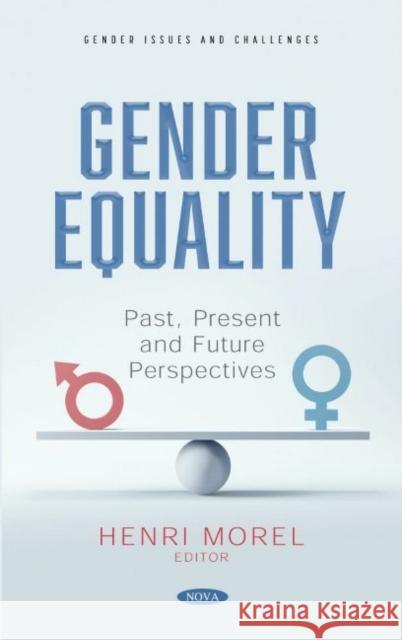Gender Equality: Past, Present and Future Perspectives » książka
Gender Equality: Past, Present and Future Perspectives
ISBN-13: 9781536199192 / Angielski / Twarda / 2021 / 217 str.
While much work has been done over the past few decades to ensure that men and women receive equal treatment in societies around the world, much more work must be done before the ideal of egalitarianism can be fully realized. This book examines the history and current status of gender equality in a variety of social contexts and proposes visions of potential future outcomes that address the systemic problems related to gender. Chapter One addresses work-care conflicts in post-industrialized societies and their effects on men, women, and children. Chapter Two includes an in-depth examination of various studies revealing biases, prejudiced thinking, cultural barriers, and the challenges that lie ahead as the global workplace evolves. Chapter Three discusses the difference between gender equality and gender equity, the policies that aim at gender equity and equality in Latin America, and the importance of policies that consider gender, race, and social class from the perspective of decolonial feminism. Chapter Four describes progressive Islamic thought related to gender justice, specifically in connection with the work done by Sadiyya Shaikh, a professor of religious studies. Chapter Five applies the sociology of social problems to elucidate the seemingly intractable character of mens sexual harassment of women. Chapter Six explores the status of gender mainstreaming implementation in university teaching in Greek physical education and sport science faculties. Chapter Seven emphasizes the need for integrating sustainability competencies for gender equality into teacher education programs. Finally, Chapter Eight highlights the difficulties faced by adolescents who in some countries are expected to make career decisions at as young as 14 years old, and how insecurities and gender stereotypes factor into these childrens decisions.











